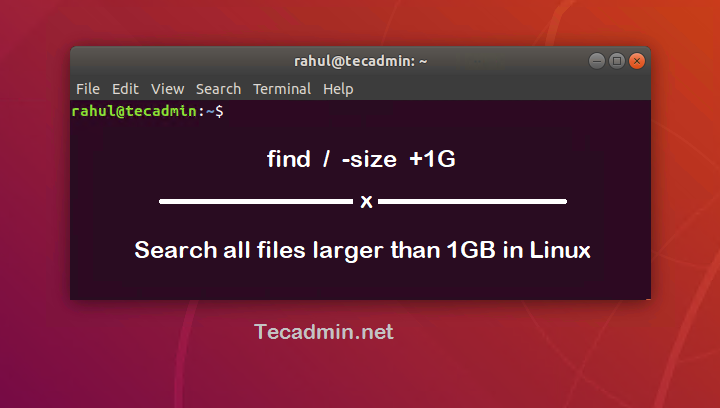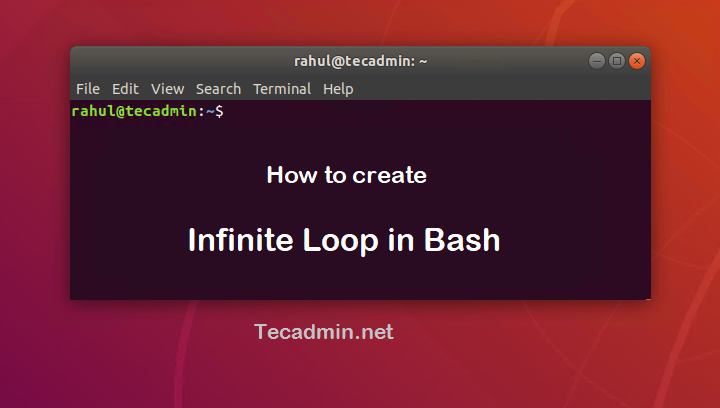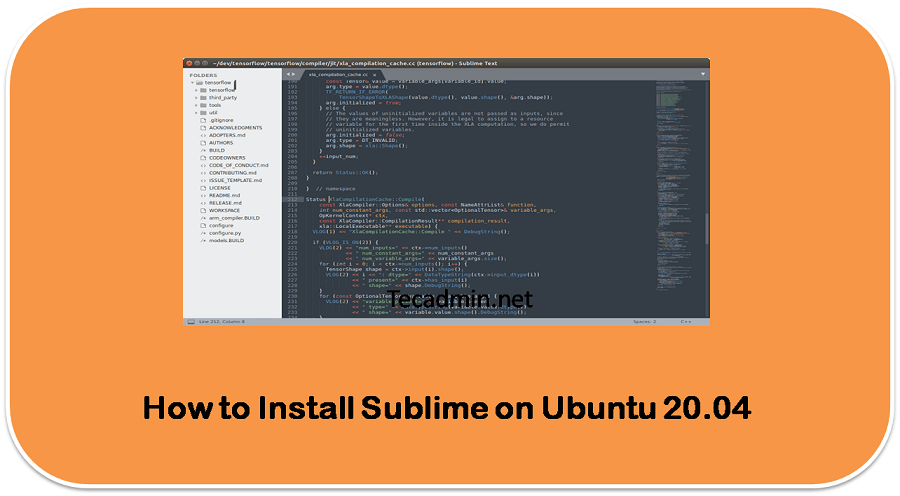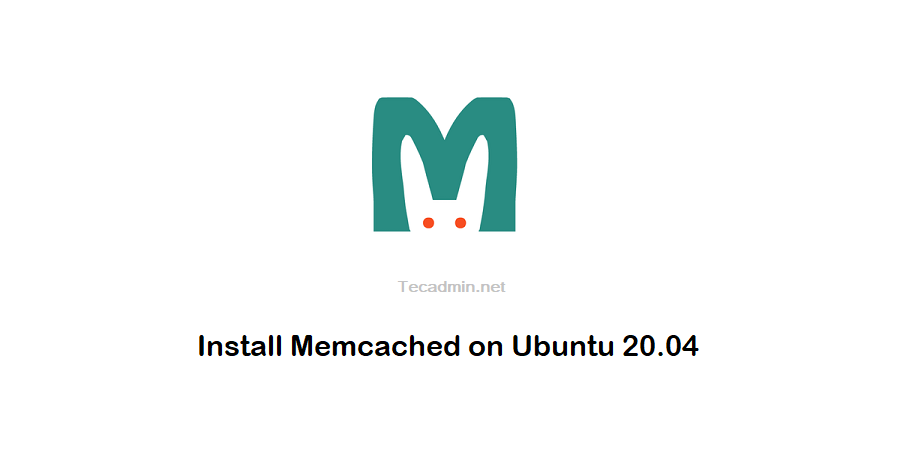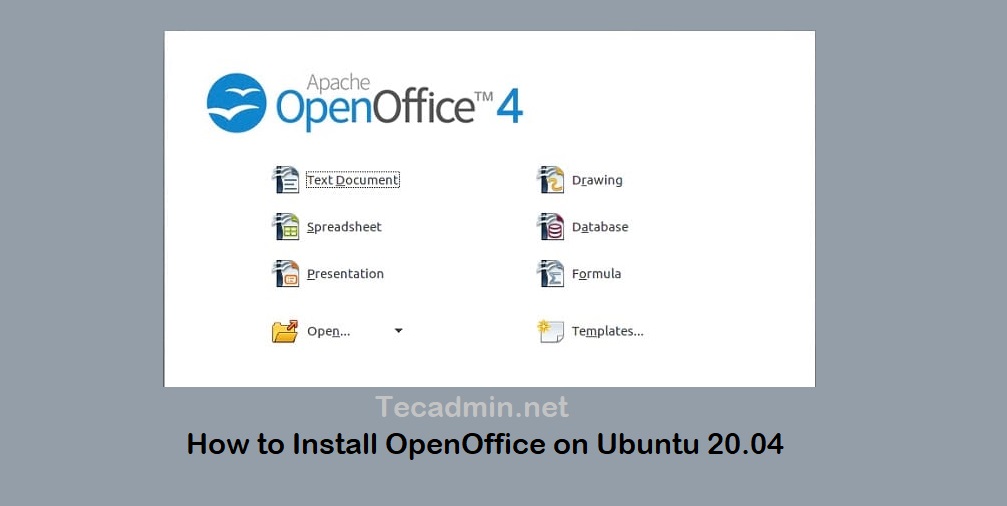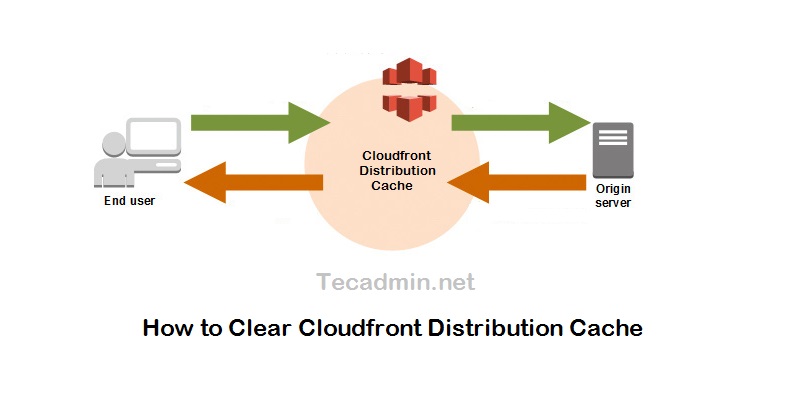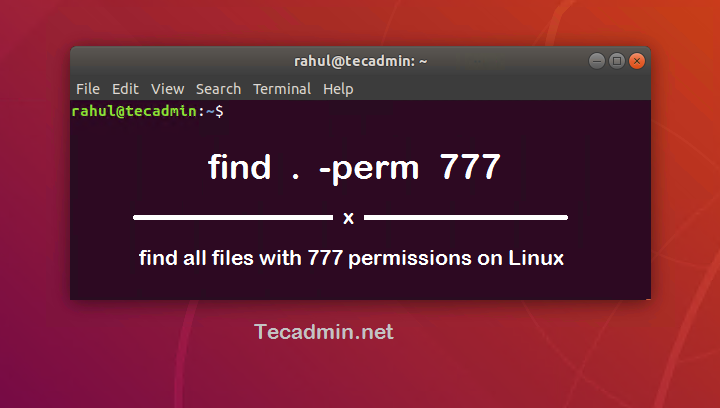If you’re looking for files that are larger than 10MB, 100MB or 1GB, the find command can be very helpful.…
Shell scripting is a powerful tool for automating tasks in Linux and Unix-like systems. It allows users to create scripts…
Sublime is a powerful text editor that supports multiple programming languages. It is a popular text editor among developers. In…
Memcached is a distributed memory object caching system which stored data in memory on key-value basis. It is very useful…
Apache OpenOffice is an open-source office application software suite available for Unix-based systems. You can use documents, spreadsheets, presentations, and…
In some cases you may required to search all files owned by a particular user on Linux system. For example,…
Wine (Wine Is Not an Emulator) is an open-source application that provides compatibility with running software developed for Microsoft Windows…
AWS Cloudfront is a content delivery network (CDN) service, which delivers data fast and security world wide. It keeps a…
Right file permission is the most crucial part of the Linux system management. A file with permission 777 is open…
I am configuring my Linux system to accept incoming emails and forward them to needed email accounts. For this setup,…

